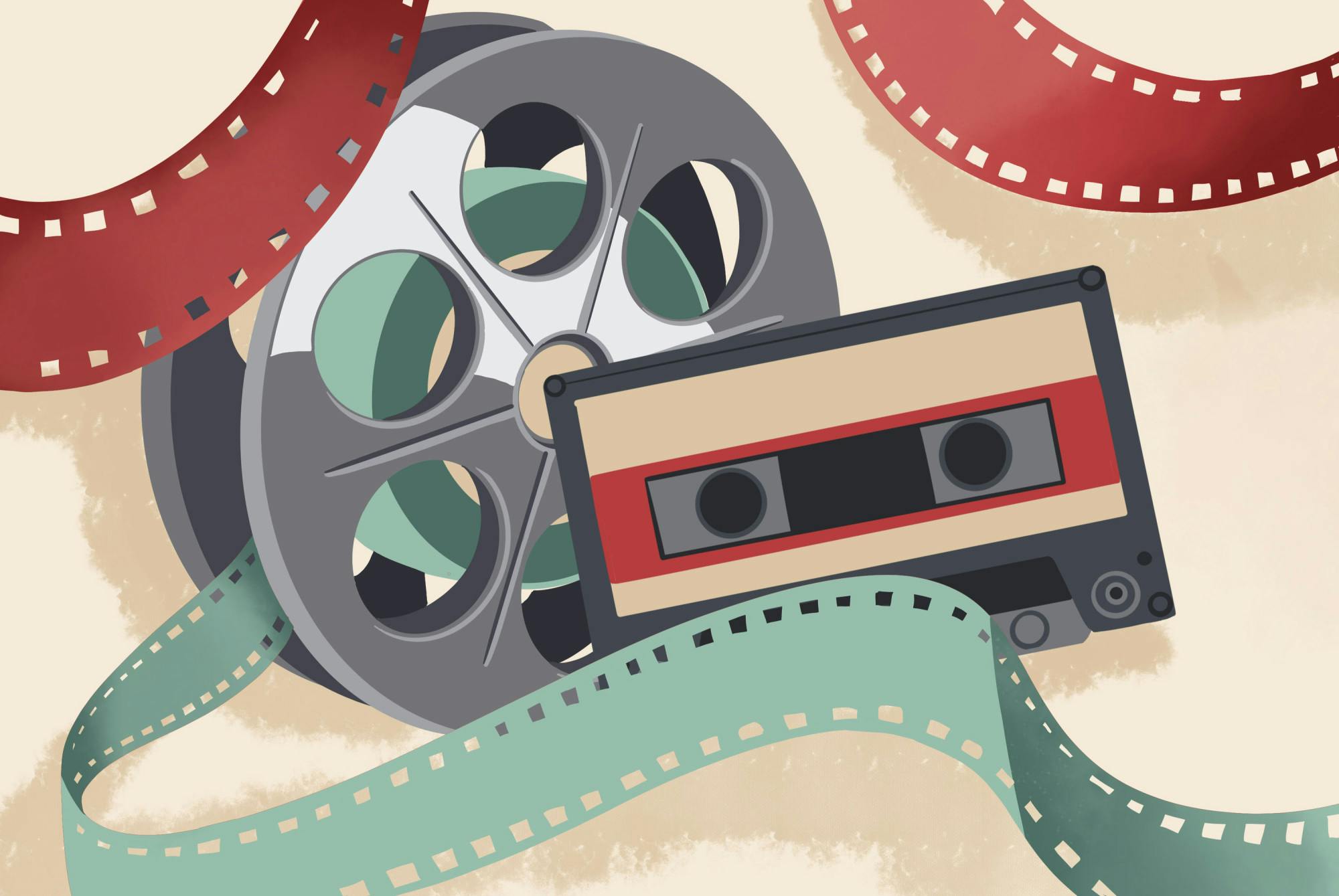Ever watch a movie and just feel really overwhelmed? Chances are, the soundtrack was great. The soundtrack is way more than just background music; it’s supposed to be an active part of telling a story. It helps establish the tone, heighten feelings, and bring scenes alive with just one major player: the soundtrack. Now, let’s take a closer look at how soundtracks work to further enhance a movie and what the science has to say about it.
Soundtrack Role in a Movie
The sound track is the most important thing in filmmaking. They do more than fill the silence of the movie: through the sound, they are telling the story and are working to stimulate emotions and help with mood changes. Without movie soundtracks, films would become shallow in giving emotion and impact on the viewers. Music sets the rhythm to the film and guides the audience through their feelings.
Where the scene is dramatic, the soundtrack often rises in tension. A light-hearted tune plays, and a scene is light, even joyful. Music supports expressing an emotion; thus, the viewers can be involved with a story more deeply.
Sounds Shape Emotional Response
Soundtracks make us feel a certain way when we watch a movie. We can feel frightened, happy or sad because of the music. Composers do have ways to do it. For instance, having a fast rhythm would increase the energy of a scene. The slow and melancholic ones may bring us sorrow or take us to nostalgic thought.
All of these elements are taken into consideration to construct the tempo, key, and volume of the soundtrack. These musical elements have the ability to provoke emotions. When combined together, these musical elements build a certain atmosphere. This is why soundtracks can be the most powerful tool in deciding our viewing experience.
The Science Behind Music and Emotion
The fact that there is a scientific backbone concerning soundtracks and how they can affect emotions is amazing. It has been proven that music actually releases activity in the emotional parts of the brain. For example, upbeat music can actually trigger the brain’s reward system, part of the brain linked to feelings of pleasure and happiness.
On the other hand, dissonant or minor chords can activate the alarm systems in the brain. That is why creepy, ominous music tends to make us nervous or scared. And the science confirms what most filmmakers intuitively know: music has a powerful influence on the way we think and feel about a movie.
The Power of Soundtracks in Storytelling
The soundtrack plays an important role in narration as the establishing scenes are shown, tension is built, and the sound may indicate a forthcoming event. A well-chosen soundtrack develops the story by endorsing themes and emotions with the characters.
For example, a heroic theme for a victorious protagonist or a sad, solemn tune may be played to emphasize a character losing something close to their heart. It’s all about how an audience is supposed to understand a story and the characters of that story more closely.
How Filmmakers Choose Soundtracks?
Another important aspect is the selection of a soundtrack. Composers are usually in close contact with filmmakers so that they may ensure that the selected music captures the mood of each occasion and reflects your message, too. It involves music selection where the emotional impact of a film is to be promoted.
Sometimes, filmmakers take pre-existing music and fit the scene to the music. Other times, the composers create original scores for the film’s needs. Whichever direction is taken, the end result will be the same—to enhance the movie experience.
The Future of Movie Soundtracks
The future of movie soundtracks indeed looks bright. With technology enlarging its noose, the methods through which we enjoy music in films are changing. Innovations such as virtual reality and immersive audio may change how all the soundtracks are made and consumed.
Besides, eclectic and numerous music genres are still being used unabated in the soundtracks. Filmmakers try different styles to reach wider and newer audiences and elicit very unique responses. This dynamic proves that exciting developments might happen in how soundtracks enhance a film.
Conclusion
The soundtrack is an integral part of filmmaking, shaping emotions, enhancing storytelling, and making movies interesting. If one researches the actual science that explains how our brains respond to music emotionally, then the importance of the soundtrack would be apparent. In continued evolution both technologically and musically, the soundtrack should surely play an important role in rendering films memorable for years to come.
Next time you watch a movie, pay attention to its soundtrack. Note how it makes you feel and supports the story. Knowing a little science behind soundtracks will add to your appreciation of what they do for movie making.



